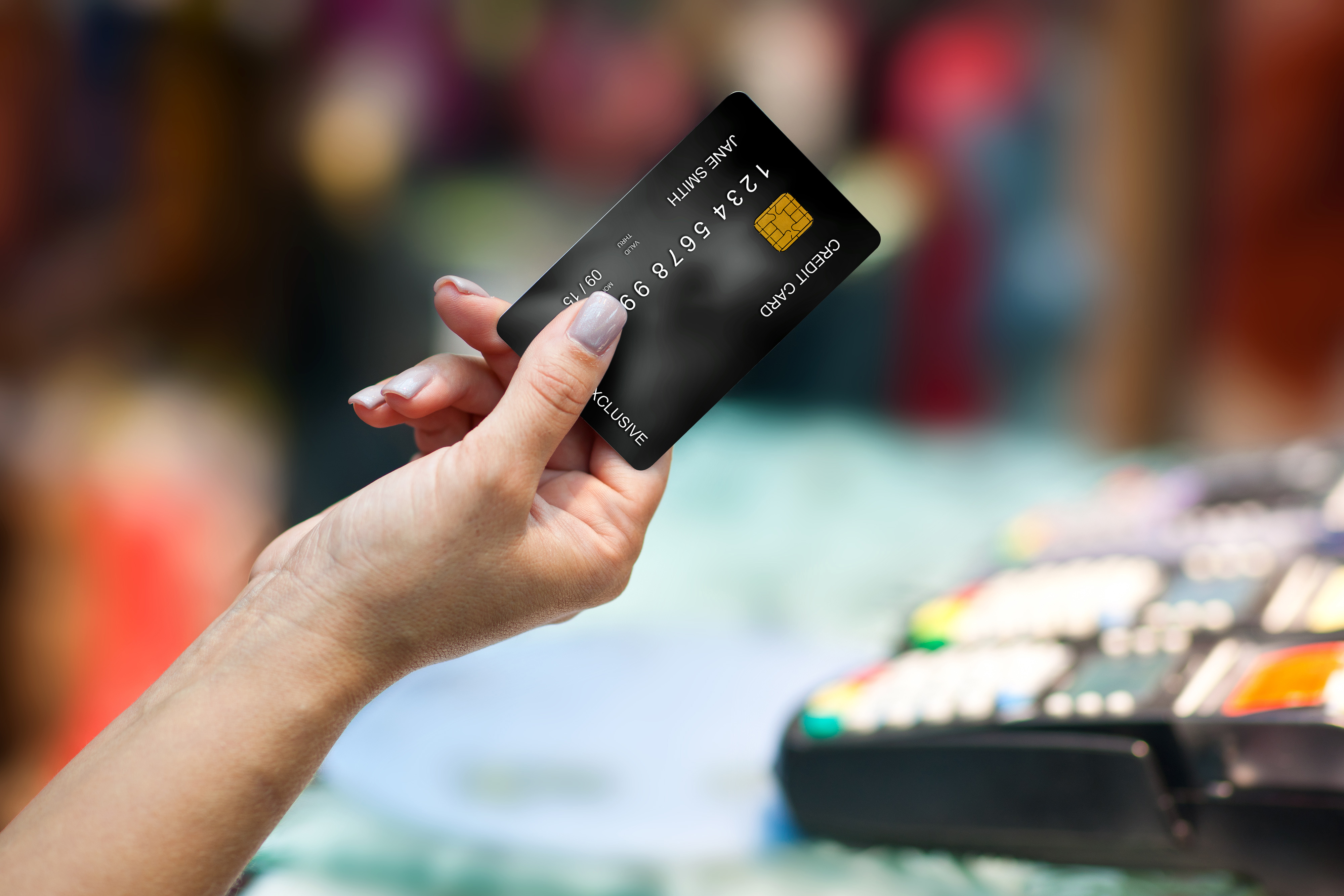According to Visa, one of the world’s biggest financial services corporations, digital equity and inclusion rely on three key assets: access, trusted convenience, and knowledge. A key partner in the UPU’s Financial Inclusion Technical Assistance Facility (FITAF) project, Visa believes that the Post can advance each of these pillars, paving the way towards more equitable and prosperous communities.
The COVID-19 pandemic accelerated three years of digital innovation into one, transforming how many of us live, learn, work, shop and sell. More and more occurs through mobile phones, the internet and digital financial services, from the accountant managing the books for a construction company in another country to drivers delivering food and rides around town to whole new businesses launched on digital data and social communications. The World Economic Forum predicts that 70% of new value created in this decade will be based on digitally enabled technologies.* The opportunity for communities is equally massive. With livelihoods and well-being increasingly determined by participation in the digital economy, this rapid transition can provide opportunity for everyone, everywhere.This vision of digital equity and inclusion is one of the reasons Visa is pleased to partner with the Universal Postal Union on the Financial Inclusion Technical Assistance Facility (FITAF) since 2017 and with national post offices around the world for many more years. Everyone needs a way to pay for daily needs and services, and receive income and money. Post offices have often provided that service to citizens through postal banks or in partnership with financial institutions. Today, that means digital payments, whether through a card, a virtual account or a mobile app.
With all the opportunity, there are also challenges to deliver new technology and services that people rely on day in and day out. As a network of networks providing 206 billion payment transactions in the last year and 70 million places of acceptance globally, Visa’s vision is that we must focus on three things to advance digital equity and inclusion: access, trusted convenience, and knowledge.
Providing access is table stakes. Post offices in Egypt, Viet Nam and Japan, for example, are opening up access to digital payments by leveraging their large footprint, capillary networks, and daily touch points with billions of people, including in peri-urban and remote areas. By delivering government payments and social welfare support, posts in South Africa, France and beyond introduce people to formal payments and, when designed well, promote responsible use of other digital financial services. Yet, despite significant gains, much of the adult world is still excluded from the opportunities of increased incomes, gig work, or secure receipt of money because they deal in cash** or because they are not well connected digitally. About 40% of people globally have never connected to the internet, a situation more acute in less developed countries*** and for women.
Beyond access, people also want trusted convenience. Here, the neighborhood post office coupled with technological innovation and local insights can be a winning combination. For example, PostePay in Italy and the Egyptian National Post Organization (ENPO), with partners including Visa, the Italian Ministry of Education and PaySky in Egypt, launched the IoStudio (“I Study”) account and Yalla mobile app, respectively, putting digital payments and integrated services directly into the hands of youth. With PostePay Green in Italy, children ages 11 to 17 are able to pay digitally for lunch and other purchases, and parents have oversight through wallet controls in the app. Establishing reliability, security, and responsibility are essential.
Finally, people and small business owners need knowledge around new digital financial services. This means reaching people with practical and easy to understand product information. It also means enabling individuals, businesses, and economies to thrive through literacy, numeracy and financial education efforts. As part of its digitization strategy, KazPost partnered with Visa to raise national awareness about cashless payments, how to use them safely and build financial skills. The project reached adults and youth through pop up booths at post office branches, seminars at universities, student financial literacy days, mass media and social media.
Partnering for innovation, scale, and impact
Collaboration among post offices, governments, and the private sector is a key tool of economic inclusion. When examining how to curate global solutions around innovation, scale and impact, postal partnerships are an opportunity to close the gaps in inclusion, allowing everyone to participate in digital platforms and the economy.
Santosh Ritter, Country Manager for Switzerland, Visa Inc.
Amina Tirana, Head of Policy and Measurement for Social Impact, Visa Inc.
* World Economic Forum, Shaping the Future of Digital Economy and New Value Creation, World Economic Forum, 2021.
** The World Bank’s upcoming release of a new Global Findex will provide updated information on access to and use of digital payments and financial services. The currently available data referenced here is from 2017.
*** World Bank, World Development Indicators Database, 2020 data.
